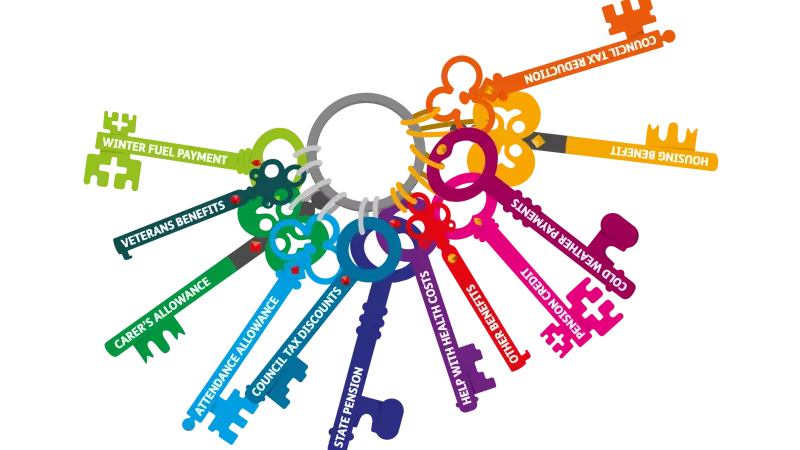New study highlights dementia failings
Up to 27 million people worldwide have dementia but have not been diagnosed, often because of the false belief that dementia is a normal part of ageing, according to a new report.
The World Alzheimer Report 2011 found that up to three quarters of the estimated 36 million people globally living with dementia are undiagnosed and cannot benefit from treatment and care. In the UK and other high-income countries, only 20% to 50% of dementia cases are recognised and documented in GP's surgeries.
The study found that the earlier drugs are dispensed, the more effective they are, making a "strong economic argument in favour of earlier diagnosis and timely intervention". Early diagnosis could create savings of up to £6,254 per person, such as by delaying the need for people to go into care homes or hospital, it said.
The report further said drugs and psychological interventions for people with early-stage dementia "can improve cognition, independence, and quality of life", while also reducing the burden on carers.
Commissioned by Alzheimer's Disease International (ADI), the report was compiled by a team of researchers led by Professor Martin Prince at the Institute of Psychiatry, King's College London.
They undertook the first systematic review of all the evidence on early diagnosis and early intervention for dementia and concluded that governments concerned about the rising costs of long-term care linked to dementia should "spend now to save later". They also pointed to a "treatment gap", where people miss out on drugs and therapies because they are diagnosed so late.
Professor Prince said: "There is no single way to close the treatment gap worldwide. What is clear is that every country needs a national dementia strategy that promotes early diagnosis and a continuum of care thereafter. Primary care services, specialist diagnostic and treatment centres and community-based services all have a part to play, but to differing degrees depending upon resources."


